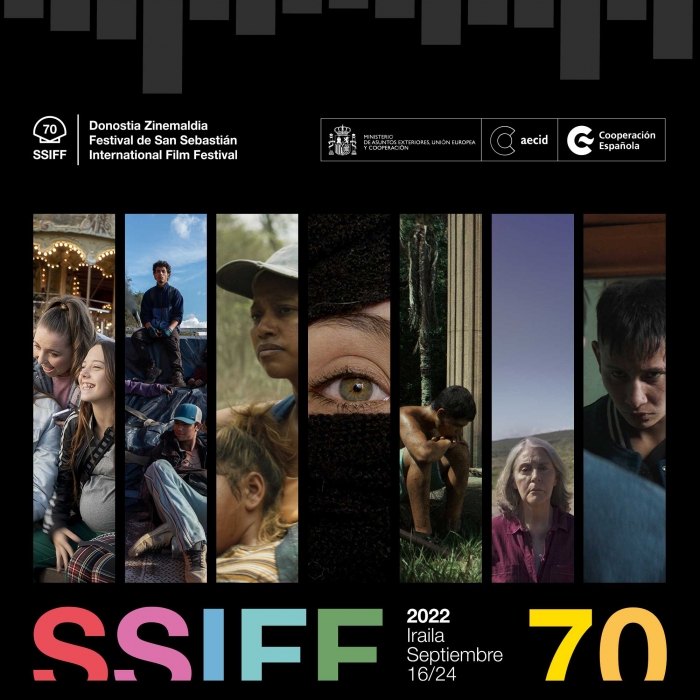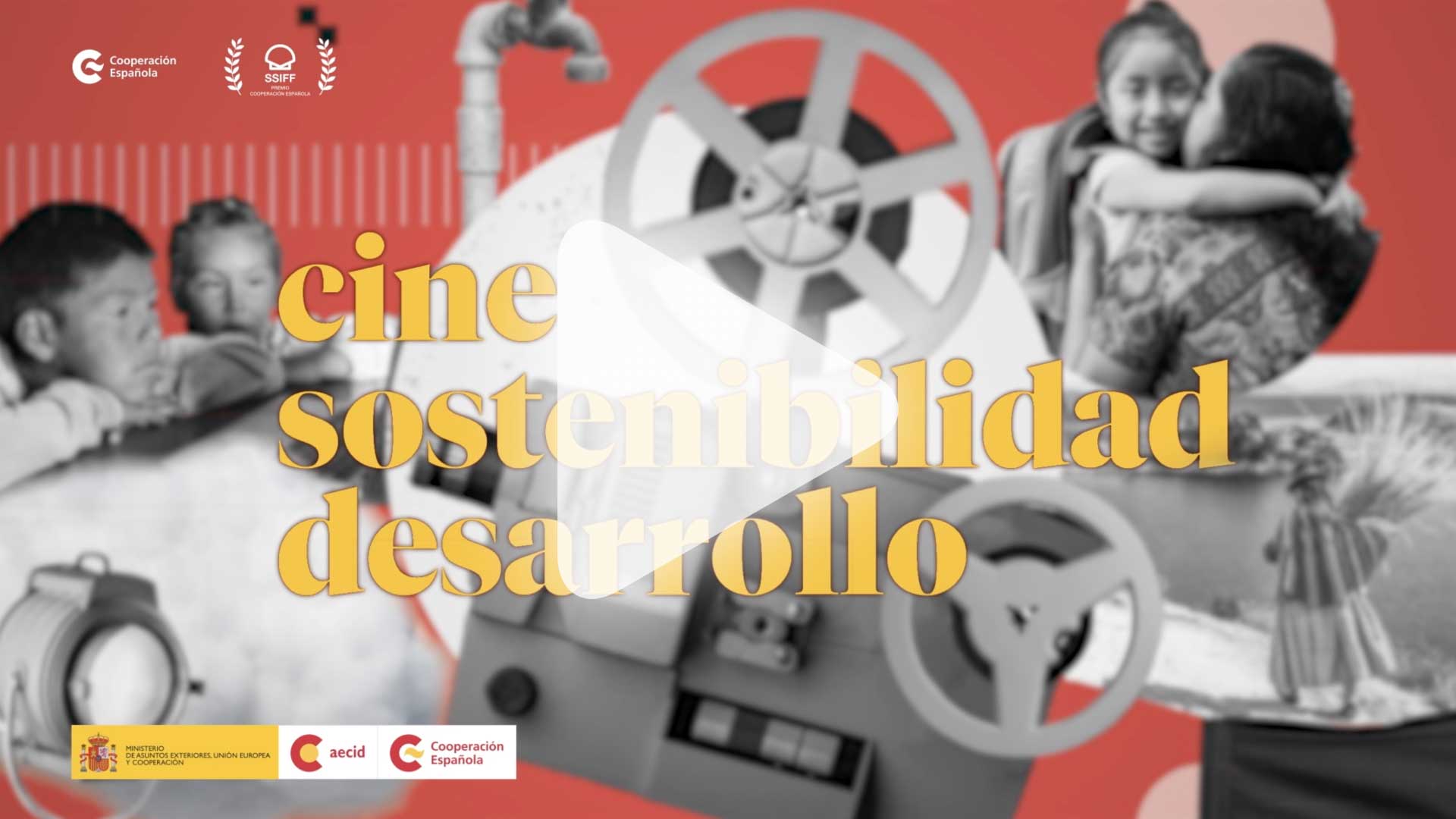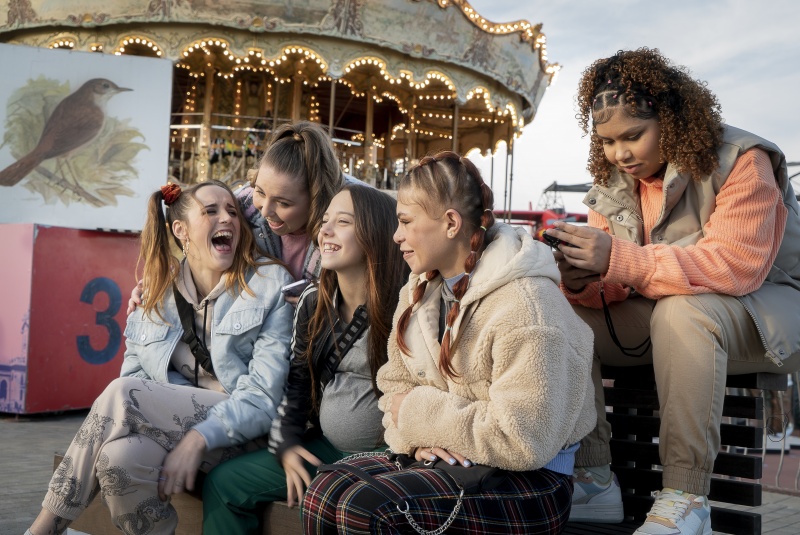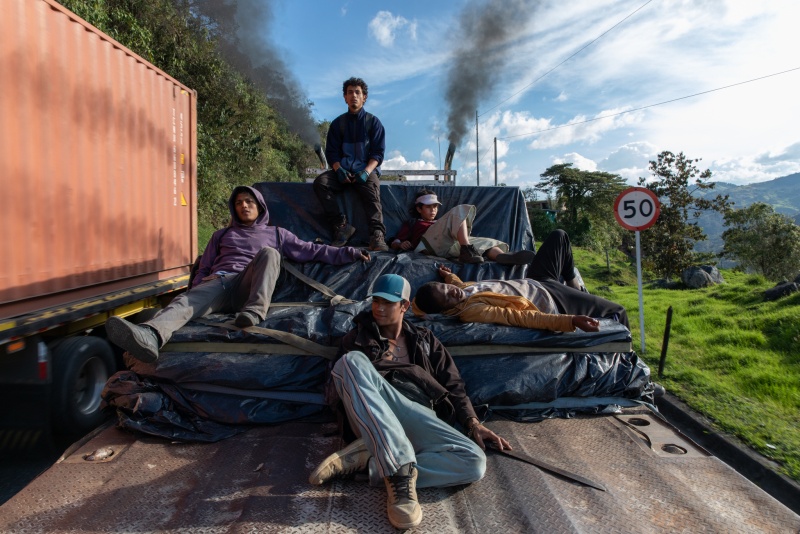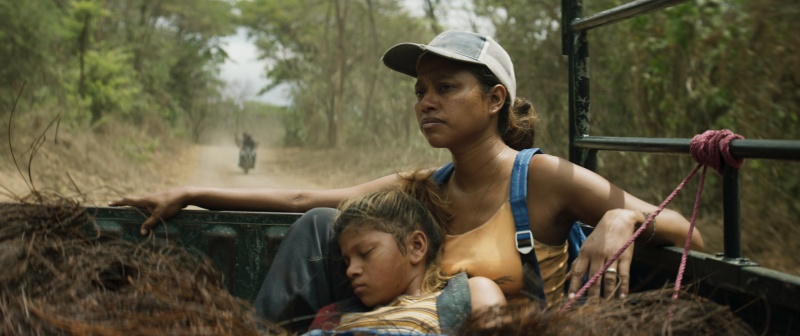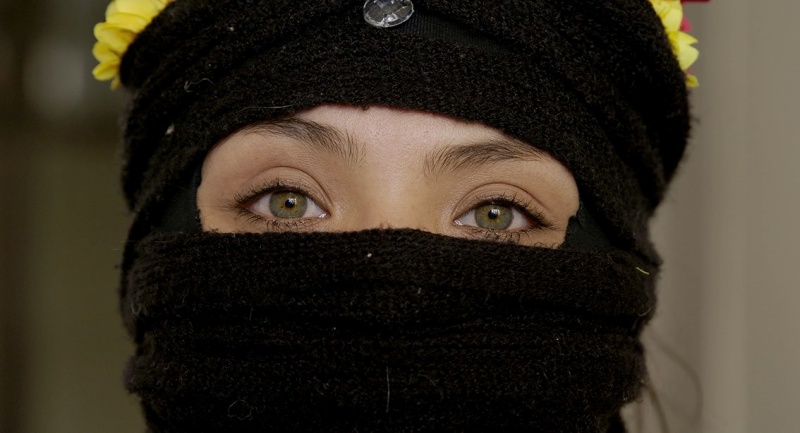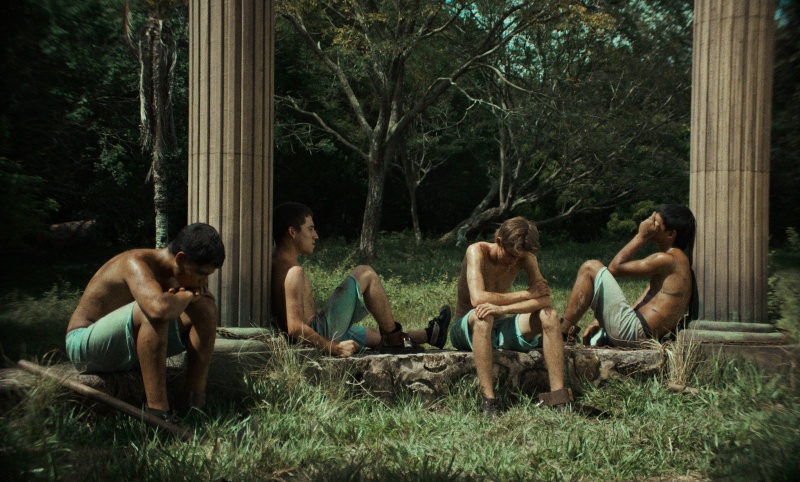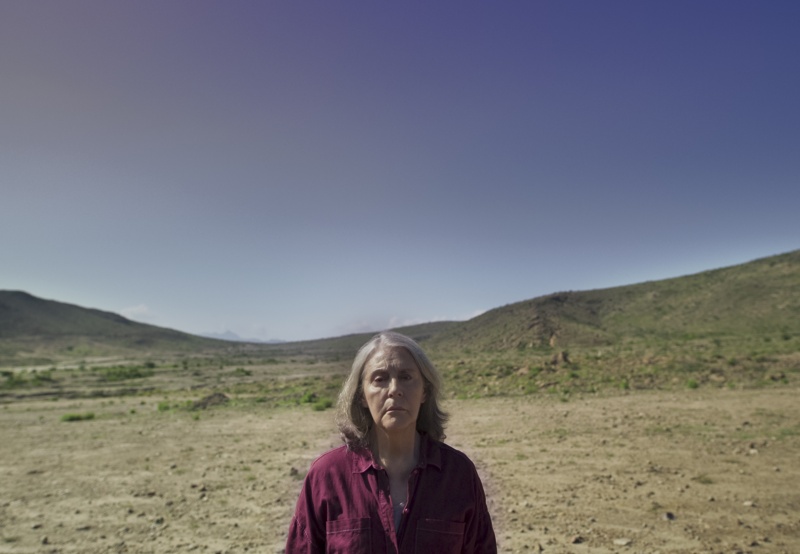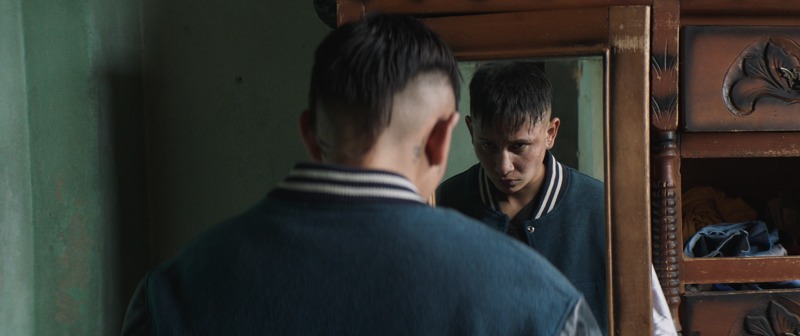The Award is part of the alliance between the AECID and the Festival to promote the Ibero-American audiovisual industry
Seven films programmed at San Sebastian Festival’s 70th edition will compete this year for the Cooperación Española Award given by the Spanish Agency for International Development Cooperation (AECID), an organisation dependent upon the Spanish Ministry of Foreign Affairs, European Union and Cooperation. The accolade goes every year, since 2015, to the producer of the Ibero-American film (including Spanish and Portuguese films) making the best contribution to human development, the eradication of poverty and the full exercising of human rights.
Elena González González, head of the Cultural Cooperation and Promotion Department at the Spanish Agency for International Development Cooperation-AECID, will chair the jury alongside Miren Gutiérrez Almanzor, researcher at Deusto University, and Miren Albistur, advisor to the Department of Culture, Youth and Sports at Gipuzkoa Provincial Council.
The Cooperación Española Award goes to an Ibero-American film screened in the Official Selection, New Directors or Horizontes Latinos. Its objective is to strengthen the commitment to work jointly with the Ibero-American audiovisual industry in order to promote new talents, stimulate the production of film projects, disseminate the values of development cooperation and boost commercialisation and internationalisation of the films. In its eighth edition, result of the collaboration between San Sebastian Festival and AECID, the award comes with 10,000 euros.
The Cooperación Española Award will be announced on September 24 at the closing gala in the Kursaal.
Candidate films for the VIII Spanish Cooperation Award
Two of the candidates, La Maternal (Spain), by Pilar Palomero, and Los reyes del mundo / The Kings of the World (Colombia – Luxembourg – France– Mexico – Norway), by Laura Mora, come from the Official Selection, while La hija de todas las rabias / Daughter of Rage (Nicaragua – Mexico – Netherlands – Germany – France – Norway – Spain), by Laura Baumeister, come from New Directors section. The others will participate in Horizontes Latinos section: Mi país imaginario / My Imaginary Country (France – Chile), by Patricio Guzmán; La jauría (France– Colombia), by Andrés Ramírez Pulido; Ruido / Noise (Mexico), by Natalia Beristain, and Un varón (Colombia – France – Netherlands – Germany), by Fabián Hernández.
Official Selection
At the age of 14, Carla is a wild and rebellious teenager. Living in a modest restaurant on the outskirts of a town with her young single mother, she skips school and passes the time with her friend Efraín. When a social worker realizes that Carla is five months pregnant, she is taken to ‘La Maternal’, a center for teenage mothers, to live with other young women like herself. Together with their babies, they will learn to cope with this new adult life for which they had no time to prepare.
“One day all men fell asleep… And the rims of the world burned”. Los reyes del mundo is a film about the disobedience, friendship and dignity that exist in resistance. Rá, Culebro, Sere, Winny and Nano. Five boys who live on the streets of Medellín. Five kings with no kingdom, no law, no family, set out on a journey in search of the promised land. A subversive tale told through a wild and endearing clan, somewhere between reality and delirium. A journey to nowhere, where everything happens.
New Directors
Nicaragua, today. Eleven-year-old María lives with her mother Lilibeth on the edge of an immense rubbish dump. Their future depends on selling a litter of purebred puppies to a local gang member. When the deal falls through, Lilibeth has to move to the outskirts of the city and leave María to work at a recycling factory. The days go by with no sign of her mother's return. María feels abandoned, confused and angry. One night she meets Tadeo, a kind and romantic boy determined to help her find her mother.
Horizontes Latinos
"October 2019, an unexpected revolution, a social explosion. One and a half million people demonstrated in the streets of Santiago for more democracy, a more dignified life, a better education, a better health system and a new Constitution. Chile had recovered its memory. The event I had been waiting for since my student struggles in 1973 finally materialized". Patricio Guzmán.
Eliu, a country boy, is incarcerated in an experimental young offenders institution, deep in the heart of the Colombian tropical forest, for a crime he committed with his friend El Mono. Every day, the teenagers perform hard manual labour and endure intense group therapy, under the menacing gaze of the camp guard Godoy. One day, El Mono is transferred to the same centre, and with him comes the past that Eliu is trying to escape.
Julia is a mother, or rather, one of many mothers, sisters, daughters, colleagues, who have had their lives torn apart by the widespread violence in a country waging a war against its women. Julia is searching for Ger, her daughter. And in her search, she will weave through the stories and struggles of the different women she will meet.
Carlos lives in a youth shelter in the center of Bogotá. It's Christmas and he longs to spend the day with his family. As he leaves the shelter for the holidays, Carlos is confronted with the brutality of his neighbourhood, ruled by the law of the strongest, the alpha male. He must prove he can be one of them, while deep inside, these expressions of masculinity clash with the decisions he must make in order to survive.

